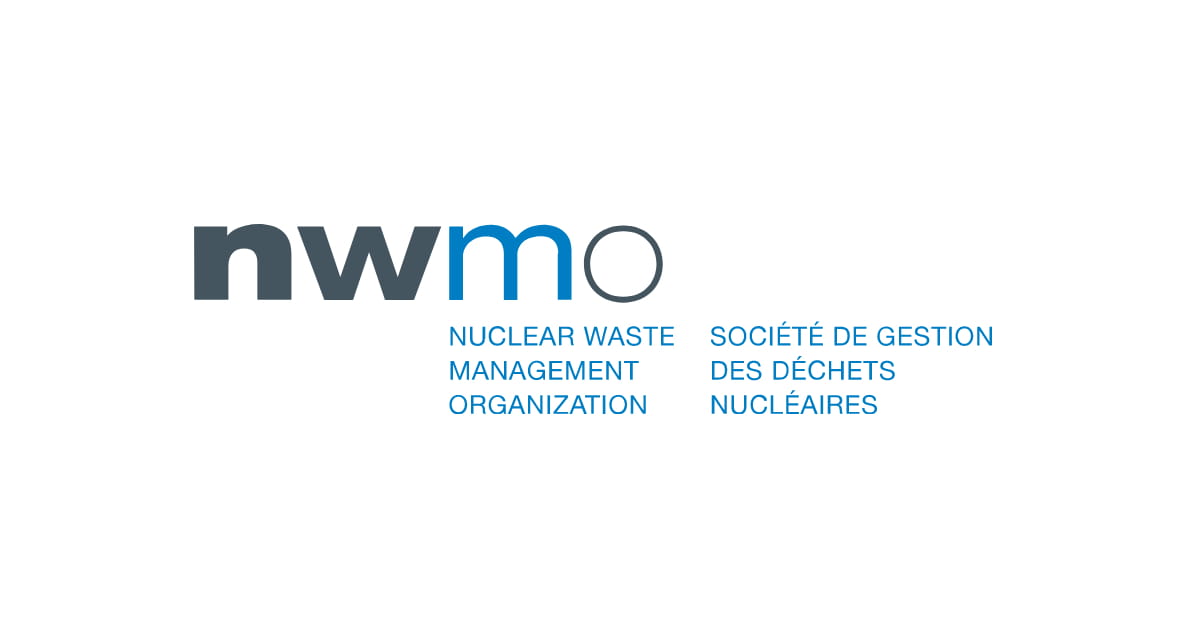TORONTO, May 5, 2009 - The Nuclear Waste Management Organization (NWMO) has issued a discussion paper outlining a proposed process for identifying an informed and willing community to host a deep geological repository for the safe containment and isolation of Canada's used nuclear fuel for the long term. The $16 to $24-billion national infrastructure project will involve development of the repository and will include the creation of a centre of expertise.
The NWMO is inviting public comment to refine and confirm its draft siting plan. The organization is holding a series of regional public information sessions in the four nuclear fuel cycle provinces (Saskatchewan, Ontario, Québec, New Brunswick) and is planning additional activities over the coming months to invite comments and discussion through to the end of October 2009. The 2009 outreach program continues the collaborative development of the site selection process that NWMO initiated through its dialogues in 2008.
"We are committed to taking into account the views of all interested Canadians at each stage of our work as we collaboratively implement Canada's plan for the safe and secure long-term management of used nuclear fuel," said NWMO President Ken Nash. "Before we engage communities interested in learning more about this important national infrastructure project, we want to know that the process we're proposing to identify an informed and willing host is open, transparent, fair and inclusive," he added.
Comments received during the public dialogues that run from May through Fall 2009 will be used to refine and finalize the process for site selection. Site selection will not commence in 2009; it will begin after the process for site selection has been confirmed and finalized.
The Proposed Process for Selecting a Site is designed to be responsive to direction provided by Canadians who participated in dialogues with the NWMO during 2008. These interested individuals and organizations said they wanted to be sure, above all, that the selected site is safe and secure for people and the environment, now and in the future, and that the process for choosing the site is grounded in values and objectives that Canadians hold important.
The discussion document sets out scientific and technical requirements that will guide selection of an appropriate site to ensure safety. It describes implementation through a partnership with an informed, willing community, which fosters well-being and sustainability. And it outlines proposed steps through which interested communities would be able to learn more as they consider their potential interest in hosting this project.
"We invite Canadians to review the discussion document and share their thoughts on whether the proposed process is appropriate, and what changes may need to be made. We also invite people to attend an upcoming information session in their region", Mr. Nash said.
The Proposed Process for Selecting a Site is available on the NWMO website at: www.nwmo.ca. The document is also available in printed format from the NWMO.
Public information sessions to review and discuss the proposed process are scheduled to begin in the Spring and continue in the Fall 2009. Currently, scheduled sessions in regional centres are noted below:
- London, ON - May 19
- Brockton, ON - May 20
- Toronto, ON - May 21
- Sudbury, ON - May 25
- Thunder Bay, ON - May 26
- Whitby, ON - May 28
- Montréal, QC - June 1
- Trois-Rivières, QC - June 2
- Québec City, QC - June 3
- Fredericton, NB - June 3
- Saint John, NB - June 4
- Edmundston, NB - June 4
- Ottawa, ON - June 8
- Bathurst, NB - June 18
Times and locations for the sessions will be advertised in regional newspapers before each event. Saskatchewan sessions will be scheduled and advertised in September 2009.
Based in Toronto, the Nuclear Waste Management Organization was established in 2002 by Ontario Power Generation Inc., Hydro-Québec and New Brunswick Power Corporation in accordance with the Nuclear Fuel Waste Act to assume responsibility for the long-term management of Canada's used nuclear fuel which is created as a result of nuclear power production.

